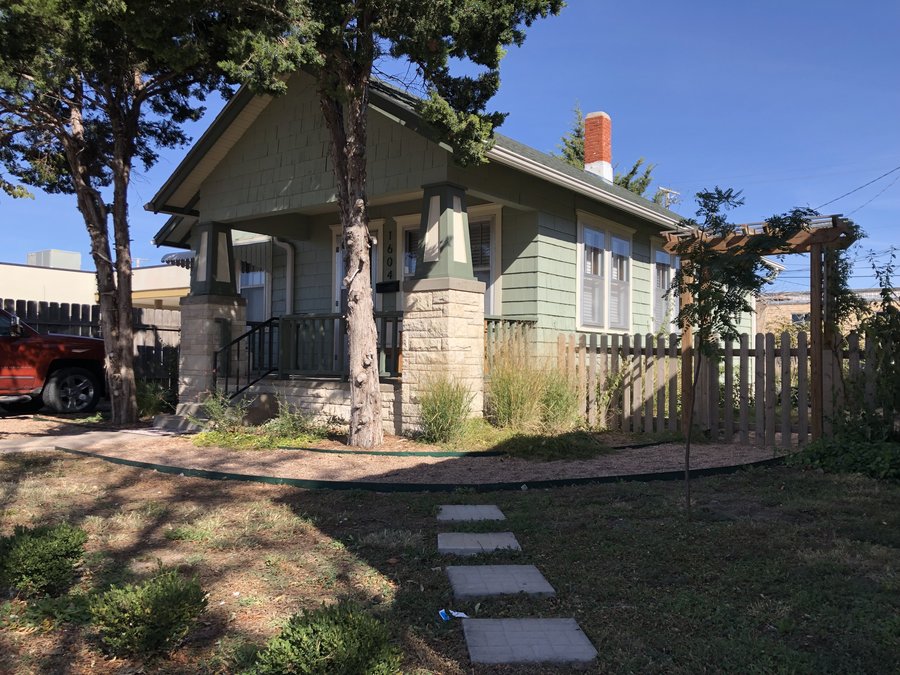Following complaints from local Airbnb owners, the Great Bend City Council Monday night approved an ordinance amending short-term rental regulations, that cover such businesses, that it had OKed in June.
At the Oct. 16 council meeting, Terri Bahr, who operates a number of Airbnbs in Great Bend and other communities, and Jarod Chansler, who runs an Airbnb in the downtown area, addressed the council with their concerns.
“The existing short-term rental regulations were the culmination of considerable hard work on the part of the Assistant City Administrator Logan Burns, Building Inspector Matt Schafer, their staffs, and the Planning Commission,” said City Attorney Allen Glendenning. "Considerable research was done into the regulations in place in various cities in Kansas and neighboring states and that information was discussed and considered in multiple meetings of the Planning Commission."
Statutory notice of those meetings (including legal notices published in the Great Bend Tribune) was given but no short-term rental owners attended Planning Commission or council meetings to provide input into the process at that time, he said.
Basically, the new ordinance given the nod in June allowed zoning regulations to allow short-term rentals, rented to transient occupants for fewer than 30 days, to be classified as permitted use rather than a conditional use in designated zoning districts.
It also created a licensing and inspection program for the properties.
At issue were mandates under the ordinance requiring the operator to provide a certified list of all property owners within 200 feet. It also required the Airbnb owner to secure an affidavit noting that at least 55% of the surrounding owners approve of the operation.
The ordinance also applies to bed and breakfasts and Vrbos.
However, after the regulations were passed by the council, at least two owners contacted city staff and the council with concerns about some of the provisions of the regulations, including the Oct. 16 presentation).
So, in response, City Administrator Brandon Anderson, Burns, Schafer and Glendenning have met among themselves and with the STR owners to further discuss the concerns and draft proposed changes to the regulations that would address them.
The new ordinance 4423 is the result of that process.
The three substantive changes include: the removal of the requirement to obtain approval of 55% of property owners within 200 feet; make the licenses for a period of two years instead of one, thus reducing the number of required inspections and the cost of the annual renewal fee; and allow the building inspector to license a higher maximum occupancy where it is reasonable for the particular property.
However, “I think we’re creating our own enemy here,” said Ward 1 Councilman Alan Moeder. “If we pick on the short-term rentals, we better go after the long-term rentals as well,”
He was referring to the number of long-term rental properties that are poorly maintained, noting the Airbnb properties are kept in good shape.
Moeder advocated for tossing out the entire rental ordinance and starting from scratch.
But, the motion was made to approve the changes. It passed by a vote of 7-1 with Moeder the only nay vote.





